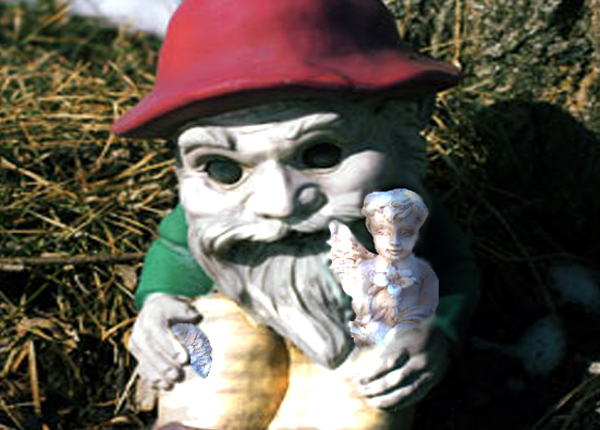
gnawn [nawn] Examples verb
- a past participle of gnaw.
Related formsun·gnawn, adjective gnaw [naw] verb (used with object), gnawed, gnawed or gnawn, gnaw·ing.
- to bite or chew on, especially persistently.
- to wear away or remove by persistent biting or nibbling.
- to form or make by so doing: to gnaw a hole through the wall.
- to waste or wear away; corrode; erode.
- to trouble or torment by constant annoyance, worry, etc.; vex; plague.
verb (used without object), gnawed, gnawed or gnawn, gnaw·ing.
- to bite or chew persistently: The spaniel gnawed happily on a bone.
- to cause corrosion: The acid gnaws at the metal.
- to cause an effect resembling corrosion: Her mistake gnawed at her conscience.
Origin of gnaw before 1000; Middle English gnawen, Old English gnagen; cognate with German nagen, Old Norse gnāga Related formsgnaw·a·ble, adjectivegnaw·er, nounout·gnaw, verb (used with object), out·gnawed, out·gnawed or out·gnawn, out·gnaw·ing.un·der·gnaw, verb (used with object)un·gnawed, adjective Related Words for gnawn nibble, eat, chomp, annoy, bedevil, nag, irritate, haunt, crunch, erode, consume, munch, gum, corrode, devour, masticate, wear, champ, chaw, distress Examples from the Web for gnawn Historical Examples of gnawn
On the east side a strange section of gray lava and ash is gnawn into caves.
Charles Kingsley
Nor could they find a bundle in a handkerchief, which they would have gnawn through speedily.
Richard Jefferies
Neither shrink thou at the gnawn tables that await thee; the fates will find a way, and Apollo aid thy call.
Virgil
British Dictionary definitions for gnawn gnaw verb gnaws, gnawing, gnawed, gnawed or gnawn (nɔːn)
- (when intr, often foll by at or upon) to bite (at) or chew (upon) constantly so as to wear away little by little
- (tr) to form by gnawingto gnaw a hole
- to cause erosion of (something)
- (when intr, often foll by at) to cause constant distress or anxiety (to)
noun
- the act or an instance of gnawing
Derived Formsgnawable, adjectivegnawer, noungnawing, adjective, noungnawingly, adverbWord Origin for gnaw Old English gnagan; related to Old Norse gnaga, Old High German gnagan Word Origin and History for gnawn gnaw v.
Old English gnagan (past tense *gnog, past participle gnagan) “to gnaw,” a common Germanic word (cf. Old Saxon gnagan, Old Norse, Swedish gnaga, Middle Dutch, Dutch knagen, Old High German gnagan, German nagen “to gnaw”), probably imitative of gnawing. Related: Gnawed; gnawing.
 Liberal Dictionary English Dictionary
Liberal Dictionary English Dictionary